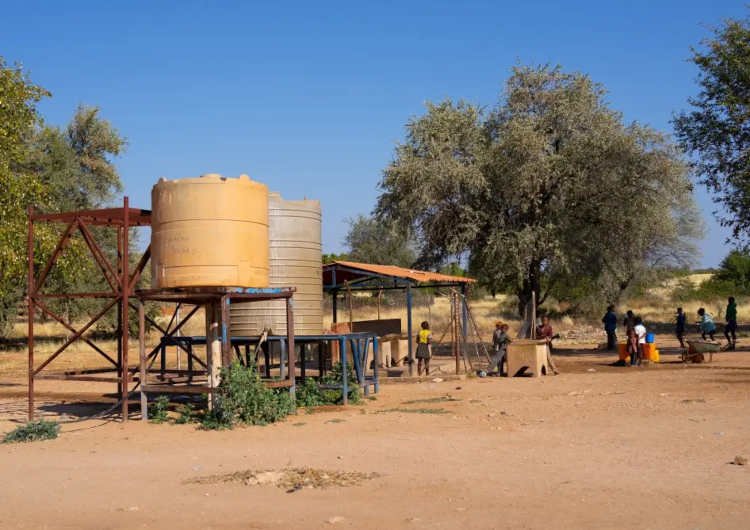It is time for the government of Angola to ensure effective and adequate services are available for children and their families who have been repatriated.
Development Diaries reports that repatriated Angolan children, many of whom were displaced due to prolonged civil conflict, are facing precarious conditions upon their return.
According to a report by Human Rights Watch (HRW), many children from Angola’s southern Cunene, Huila, and Namibe provinces, where the worst drought in four decades has caused severe food shortages and livestock deaths, have been repatriated by Namibian authorities, many of them unaccompanied.
We understand that the disruption of regular weather patterns by El Niño, a climatic phenomenon, is a major cause of the food insecurity and droughts that forced many Angolan children to flee to Namibia.
Civil society organisations in Angola have issued warnings over the dangers facing the children who have returned, citing substandard living conditions in camps and a dearth of government initiatives to assist families in farming in the wake of the drought.
These children often return to ill-equipped communities to support them, with inadequate access to basic necessities such as clean water, food, and shelter.
Additionally, the infrastructure in many parts of Angola remains severely damaged from years of war, compounding the challenges of resettlement.
Also, education and health care systems are overstretched and underfunded, leaving these children vulnerable to malnutrition, disease, and a lack of educational opportunities.
This situation calls for targeted interventions by the Angolan government, as the resettlement of children in camps in Angola after their repatriation from Namibia is not enough.
Development Diaries calls on the Angolan government to provide robust support systems that address the immediate needs of these children and foster long-term stability and integration into society.
Source: HRW
Photo source: HRW






